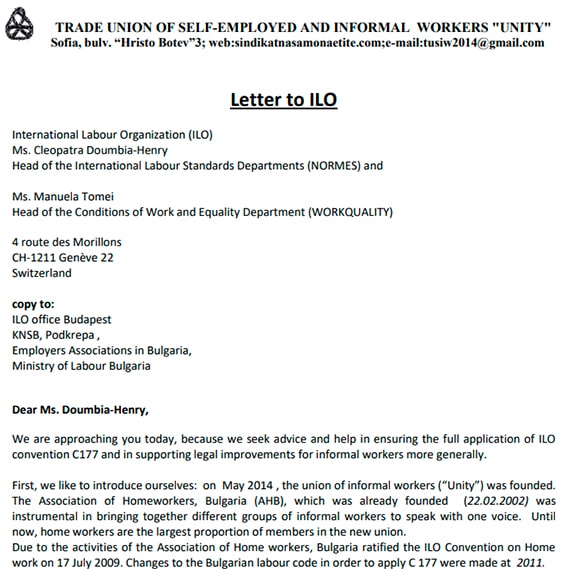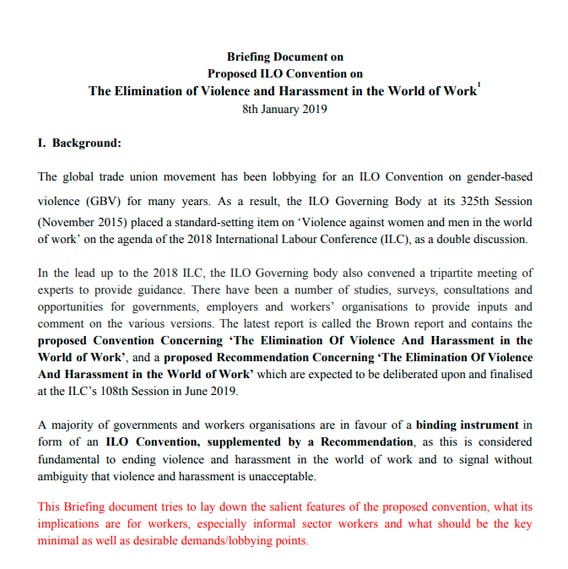A comprehensive guide to understanding the importance of ILO C177, the Home Work Convention. It covers the nature of home-based work, the types of work that home-based workers do, and their significance in the global economy. The guide explores the role of the International Labour Organization (ILO) and its conventions, including C177, outlining its achievements and the process behind its creation. Additionally, it discusses why ratifying C177 is essential for governments, employers, and workers, and it provides practical strategies for advocacy and ratification.





